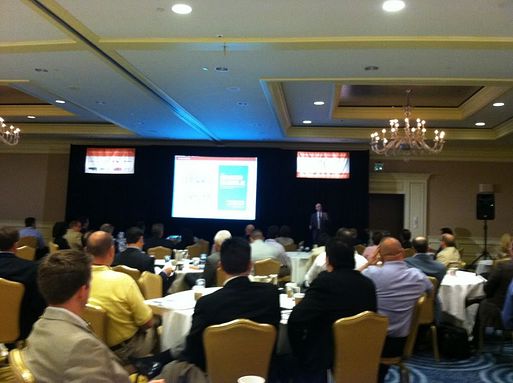This article started as an investigation into a company providing services to the automotive industry,Review Boost. I didn’t know much about the company, only that it had received some negative press and accusations of gaming online reviews. In fact, it even had a local San Antonio television station, KSAT, run a news segment regarding a dealership who used their services. There have been blog articles written questioning the authenticity of the reviews as well as articles written in both Automotive News and F&I Magazine.
The importance of reputation management has been increasingly on dealers’ minds, being, from the dealers I spoke with and interviewed for DrivingSalesTV, the hot topic of this year’s NADA convention. The FTC is cracking down on companies engaging in posting misleading reviews, legislators are pushing for stricter laws regarding this practice, legal advisors are reporting that a company exposes themselves tolegal risks by engaging in this act, and a California law went into effect Jan 1, 2011 making it a criminal activity. Add to these variables the fact that search engines are starting to increase the importance of online reviews in their algorithms and incorporating them into search results, naturally, when they popped up on my radar again after partnering up with an industry vendor, I was curious as to why the partnership happened and I started asking questions and doing some homework.
[Edit: After sharing my article with representatives from Review Boost, they informed me that they decided not to move forward with the partnership I referred to above.]
I spoke with William, the owner of Review Boost, at length. We spoke for upwards of an hour and he walked me through what his company does. First, to be clear, they deny all accusations of gaming reviews and/or writing the reviews themselves. William was very pleasant, if understandably nervous during our conversation but, in my opinion, sincerely wanted to clear the air regarding what his company does. Without revealing too many of his proprietary practices, which he shared with me, I didn’t get the impression that he is doing anything wrong at all. Now, given that there were already a ton of articles investigating and breaking down why other people feel that they are, I didn’t feel the need to rehash what others have already done and I wanted to give them the benefit of the doubt.
See, William isn’t in the car business. Review Boost began assisting local businesses like dentists, doctors, and such. It ended up that dealers account for about 30% of their current client base but this wasn’t by design. The crux of their strategy, which is what surprised me the most, is that they administer a website called myreviewboost.com in which they post reviews collected from clients of their dealers. These reviews are then syndicated across about 40 online review directories through partnerships with them. I was surprised that such a syndication was allowed but I did some investigating and, not only is it allowed, but it is encouraged. Judysbook.com, in example, promotes review sharing partnerships openly.
I reached out to Google themselves. The fact that they syndicate reviews is telling about their policies but they did point out within their Review Posting Guidelines that conflicts of interest, including misrepresentation and/or posting reviews on behalf of others is not allowed.
In essence, William’s company is soliciting reviews only from the customers which the dealer provides contact information to them. They do not edit the reviews – whether positive or negative. They will moderate a negative review, if received, allowing the dealer a chance to resolve the problem and then, when the dealer reports that the problem has been resolved, resurveying the customer to get an updated review. In my mind, this absolutely explains why almost every review is positive.
If I were a dealer who needed to increase my online reputation, I certainly wouldn’t hand over an unhappy customer’s e-mail address to be reviewed. In fact, I know many dealers that will occassionally RDR cars to the factory with incorrect information to avoid a potential negative CSI survey and/or “buy” surveys from their customers through offers of free oil changes or something to encourage their consumers to return the surveys to THEM and not mail them in to their OEM unscreened.
William’s strategy made perfect sense to me and the syndication accounted for the reason for the same review appearing on multiple sites. So while this practice may be viewed by some to be unethical, it’s not illegal or in violation of these directories terms of service. They’re simply taking advantage of existing online directories willingness to crawl their review site to maximize the SEO value of each review they collected from their client’s customers.
So, is this article about Review Boost? No. The real story is what is ethical in the online reputation management arena.
I’m sure that we would all agree that posting fake reviews is unethical and, in some cases, illegal.
What about these practices?
Posting REAL reviews, verbatim, by your customers on their behalf with their permission.
Screening WHO gets reviewed to avoid negative reviews.
Choosing which reviews get displayed (ie. avoiding sites in which negative reviews exist)
The fact is that online reputation management, and the process in which dealers are utilizing, are becoming more and more important for the many reasons I described above.
How do you feel about this? What’s ethical or unethical regarding online reputation management?
(Originally published on DrivingSales)
